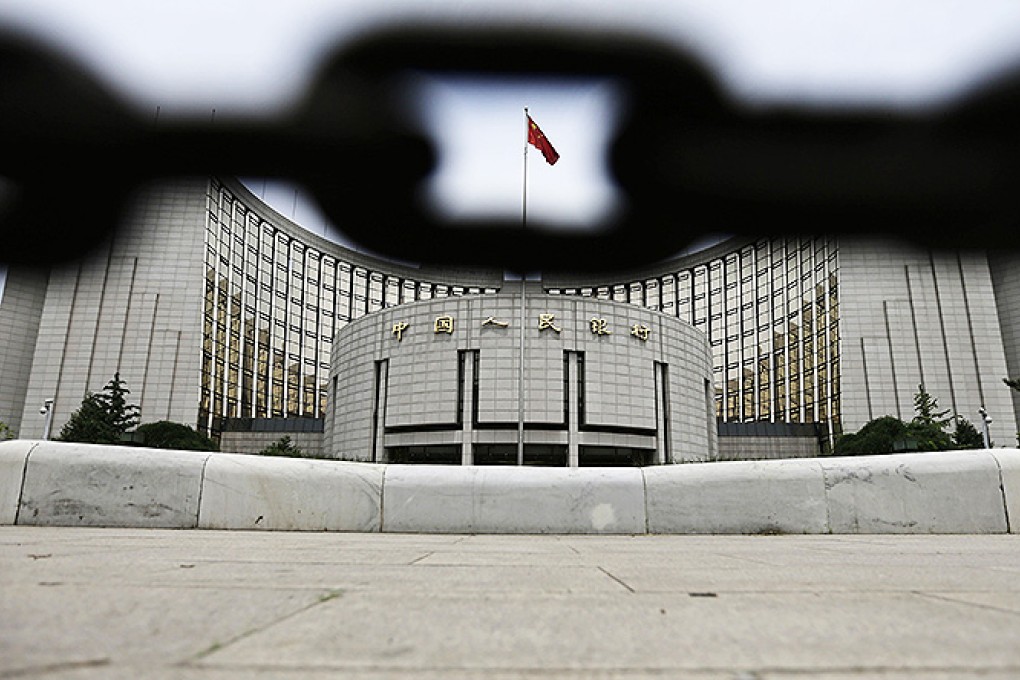China must resolve its bad loans, not disguise them
Ted Osborn warns of a Japanese-style lost decade if problem is put off

Everyone knows China has a bad debt problem. Since 2008, trillions of yuan of new loans have been pumped into the economy via the banks and a good chunk of it is expected to go bad.
For the most part, few are predicting a Lehman-style banking crisis on the horizon. This is because Beijing has a track record of keeping a lid on things. Usually, at the first sign of trouble, authorities step in and ensure creditors are paid.
There are exceptions. Recently, the authorities allowed Shanghai Chaori Solar Energy Science & Technology to default on its domestic bonds, the first ever domestic bond default in China. More recently, the China Securities Regulatory Commission announced that another issuer, Xuzhou Zhongsen Tonghao New Board, had failed to make an interest payment when scheduled and may be heading for bankruptcy.
In reality, such failures are isolated. Beijing is not about to allow banking or bond defaults to occur on a massive scale, particularly after witnessing what happened to Western banks during the global financial crisis. So they allow a few defaults to occur to keep banks and bondholders on their toes.
However, while banks in China are working to resolve some non-performing loans, they do not have the capacity to resolve them all. Instead, banks are working to keep these loans at a level that is acceptable to the regulators. Right now, it is around 1 per cent of total loans.
There are many ways for banks to manage this ratio in China. The easiest way is to roll over a suspect loan for another year. "Extend and pretend" was the preferred method of many US and European financial institutions between 2008 and 2010 and was perfected by the Japanese in the 1990s.